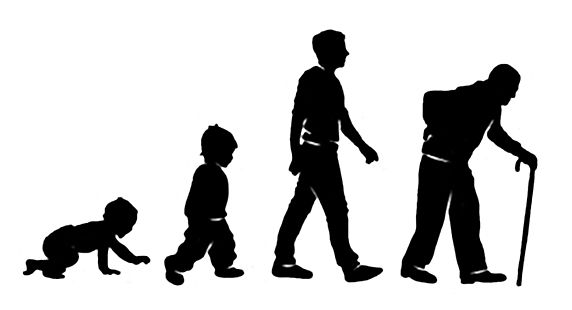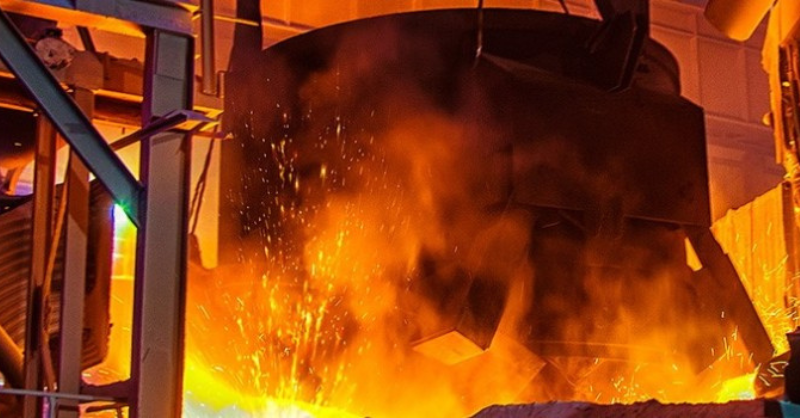
Biological ageing - this is the way
Biological or cellular ageing is driven by a number of mechanisms. As our understanding of those mechanisms has improved so the promise of stopping or even reversing ageing comes closer to reality.
Summary: Our understanding of the mechanisms of how we age is steadily improving. We give a quick introduction to four such mechanisms: Transcription/translation errors ('copying too quickly'), telomere shortening ('when the cap no longer fits'), oxidative stress ('I'm gonna steal your electrons'), mitochondrial dysfunction ('running out of energy') and the consequence of those mechanisms - senescence ('building up trash').
Why this is important: The whole approach to health and well-being could move from one focused on treatment to prevention; from allopathic (focus on specific ailments) to holistic. If we do start living longer, and in better health, there will be knock-on effects to society, family, education and productivity.
The big theme: The ongoing survival of the human species is one of the ultimate sustainability themes. Understanding the broad spectrum of influences on human ageing can help us understand areas for investment as well as individual choices that we can make.

The details
Ageing, or rather slowing or even reversing ageing, is receiving increasing investment - $5.2 bn in 2022 - in areas including renewal therapies, diagnostics, precision medicine, drug discovery platforms and immunology. Other relevant, and maybe not so obvious areas, include diet and mental fitness.
We briefly introduced the landscape of ageing in this blog 👇🏾

We shall be looking at this area in much more depth, bringing together these insights together with other areas in a Deep Dive - 'The Death of Ageing' which will be published soon. In that blog we shall explore some potential solutions to slow down and even reverse ageing at the cellular level.


